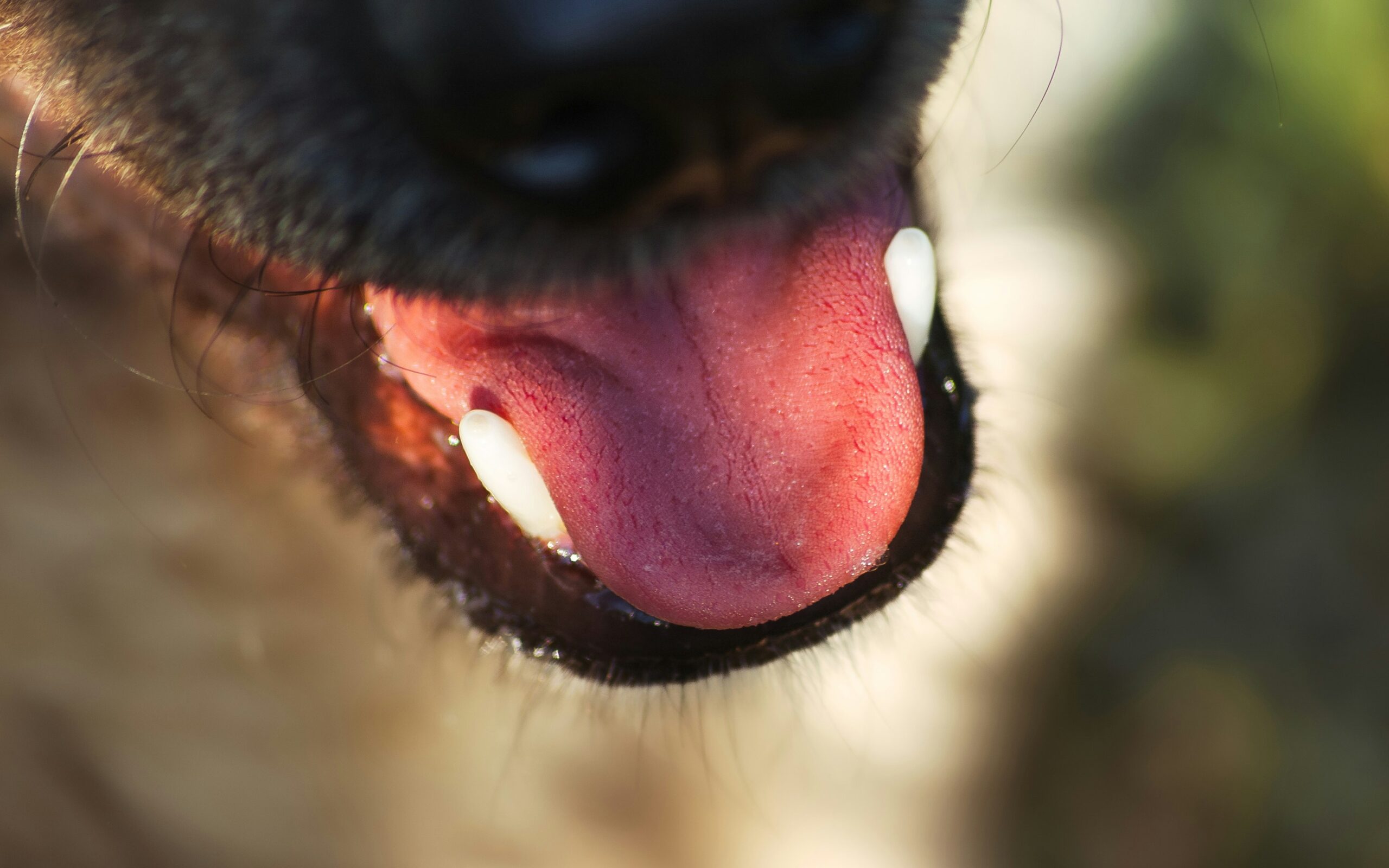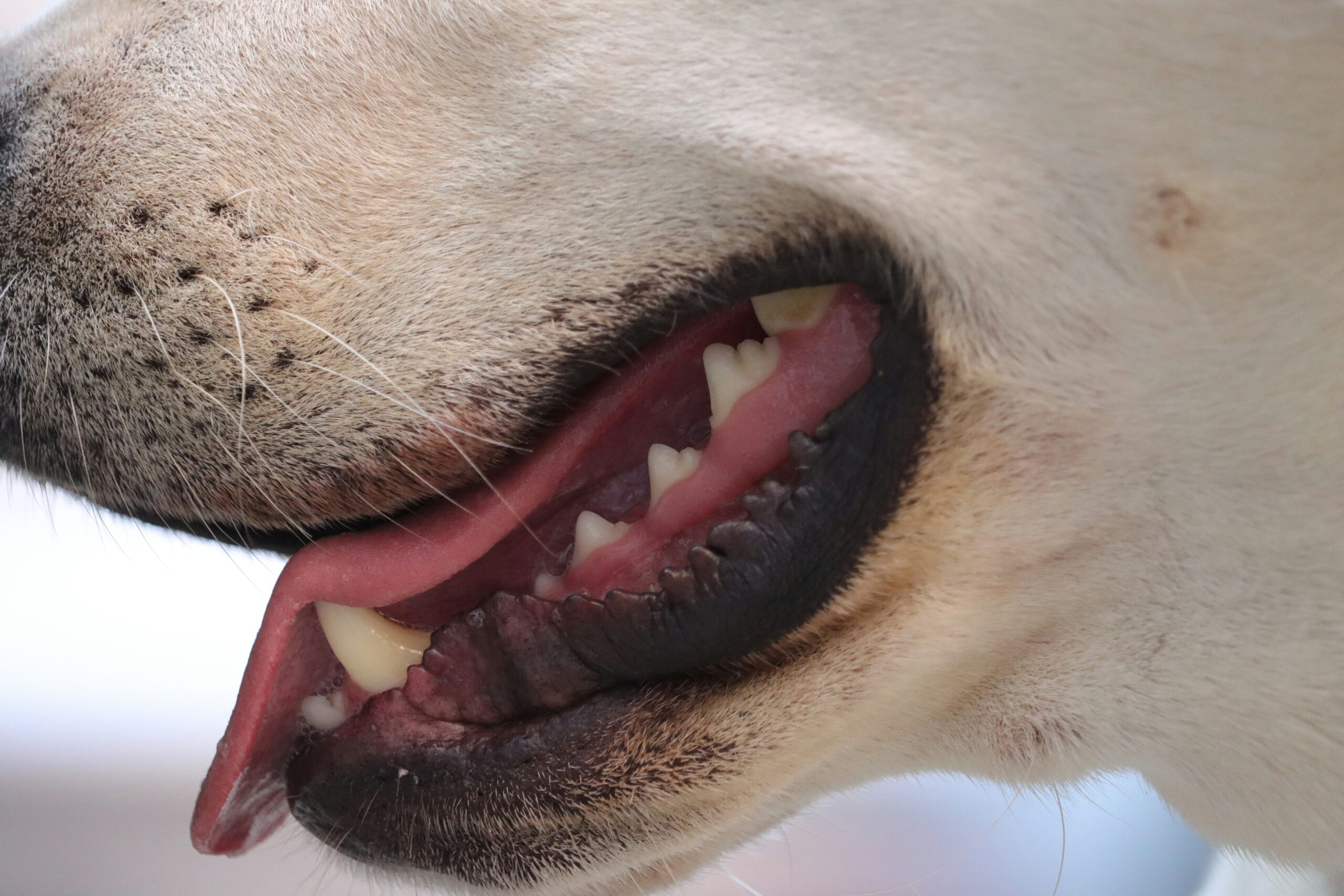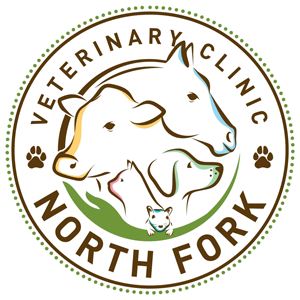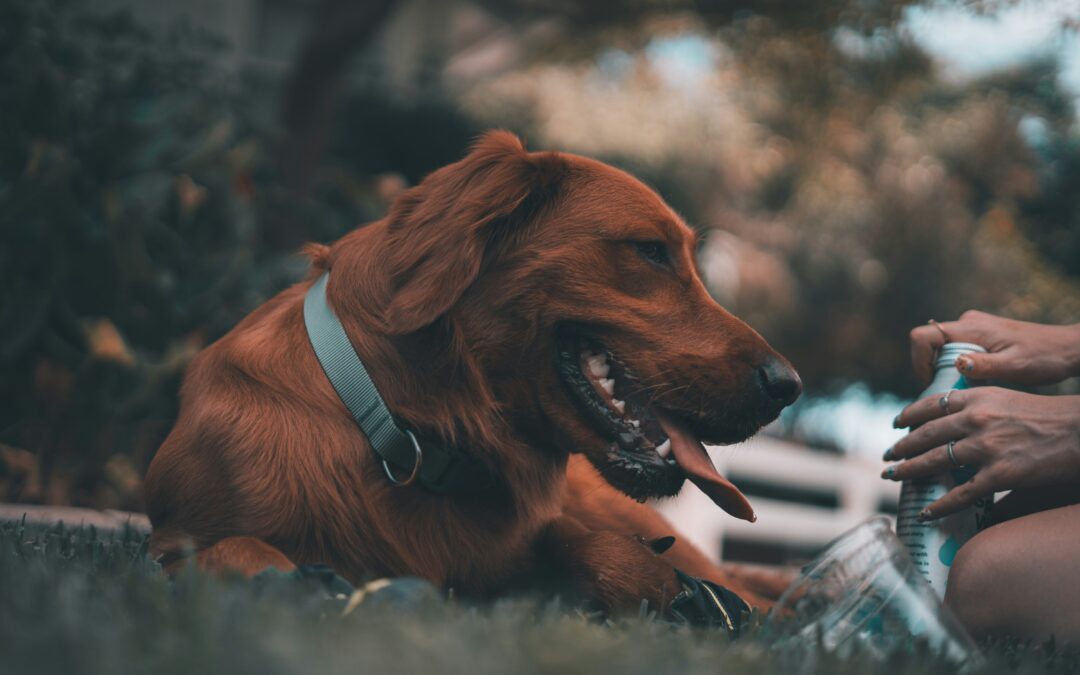When we think about pet health, we often focus on nutrition, exercise, and regular veterinary check-ups. However, one critical aspect of overall well-being that is often overlooked is dental health. Just like humans, dogs and cats require routine dental care to maintain a healthy mouth, prevent pain, and avoid serious systemic health issues. Neglecting dental hygiene can lead to periodontal disease, tooth loss, infections, and even heart, kidney, or liver problems.
Veterinary professionals play a key role in ensuring our pets’ oral health. One of the most comprehensive ways to assess and treat dental issues in pets is through a COHAT (Comprehensive Oral Health Assessment and Treatment). In this post, we’ll discuss why regular dental care is crucial, the dangers of poor dental hygiene, and why a COHAT performed by your veterinarian is the gold standard for oral health care in pets.
Why Dental Care is Essential for Pets
1. Preventing Periodontal Disease
Periodontal disease is one of the most common health issues in pets, affecting 80% of dogs and 70% of cats by the age of three. It begins with plaque buildup on the teeth, which, if left untreated, hardens into tartar. Bacteria in the plaque cause inflammation of the gums (gingivitis), leading to pain, bleeding, infection, and eventually tooth loss and damage to the jawbone.
2. Avoiding Pain and Discomfort
Imagine having a severe toothache but being unable to tell anyone. That’s what pets with dental disease experience. Pets instinctively hide pain, so by the time they show signs—such as difficulty eating, pawing at the mouth, bad breath, or drooling—the problem is often severe.
3. Preventing Systemic Health Issues
Bacteria from an infected mouth can enter the bloodstream, spreading to vital organs such as the heart, kidneys, and liver. This can lead to serious conditions like endocarditis (heart valve infection) or kidney disease. Maintaining good oral hygiene can significantly reduce the risk of these complications.
4. Improving Overall Quality of Life
A pet with a healthy mouth is happier, more active, and more engaged. They can eat without pain, play without discomfort, and avoid the stress of chronic infections or dental surgeries.

The Role of Veterinarians in Dental Health: COHAT Explained
The best way to ensure your pet’s dental health is through regular veterinary care, including a Comprehensive Oral Health Assessment and Treatment (COHAT). This is much more than just a “dental cleaning”—it is a thorough medical procedure that allows veterinarians to assess, diagnose, and treat dental disease effectively.
What Happens During a COHAT?
A COHAT is performed under general anesthesia to allow a thorough examination and treatment without causing stress or pain to the pet. The process includes the following steps:
1.Pre-Anesthetic Evaluation:
-
-
- Bloodwork and physical examination to ensure the pet is healthy for anesthesia.
- Evaluation of any pre-existing health conditions that may need special consideration.
-
2. General Anesthesia and Monitoring:
-
-
- General anesthesia is essential because pets will not stay still for a proper dental exam and treatment.
- Modern anesthesia protocols and monitoring (heart rate, oxygen levels, blood pressure) ensure safety.
-
3. Full Oral Examination:
-
-
- Veterinarians inspect every tooth, the gums, tongue, and oral tissues for signs of disease, infection, or tumors.
- Often, dental disease extends below the gumline and cannot be seen without specialized tools.
-
4. Dental X-Rays (Radiographs):
-
-
- X-rays are crucial because over 60% of dental problems occur below the gumline, where they are not visible to the naked eye.
- Detects issues like abscesses, root infections, bone loss, or fractures.
-
5. Scaling and Polishing:
-
-
- Plaque and tartar are removed from the teeth using ultrasonic scalers.
- Teeth are polished to smooth out surfaces, making it harder for bacteria to adhere.
-
6. Extractions (If Necessary):
-
-
- If a tooth is severely damaged, infected, or causing pain, it may need to be extracted.
Extractions are performed carefully to avoid further complications.
- If a tooth is severely damaged, infected, or causing pain, it may need to be extracted.
-
7. Sealants:
-
-
- Some veterinarians apply dental sealants to protect teeth and slow plaque buildup.
-
8. Post-Procedure Care and Home Recommendations:
-
-
- After the procedure, pets receive pain management if needed.
- Owners receive guidance on at-home dental care, including brushing, dental diets, or approved chews.
-

At-Home Dental Care: What Pet Owners Can Do
While COHATs are the gold standard for dental care, daily at-home maintenance is equally important to keep your pet’s teeth healthy between professional cleanings. Here’s how you can help:
1. Brushing Your Pet’s Teeth
- Use a pet-safe toothbrush and toothpaste (never human toothpaste).
- Start slow, letting your pet get used to the process.
- Brush at least 3-4 times per week, but daily brushing is ideal.
2. Dental Diets and Chews
- Special dental diets (like Hill’s Prescription Diet t/d) help reduce plaque buildup.
- Veterinary-approved dental chews (VOHC-approved) can be effective, but avoid hard bones or antlers that may break teeth.
3. Water Additives and Oral Rinses
- Some products help control bacteria and plaque buildup.
- Always use vet-approved solutions, as some over-the-counter products may be ineffective or harmful.
4. Regular Veterinary Check-Ups
- Schedule annual or biannual wellness exams to monitor dental health.
- Early detection of problems can prevent costly and painful procedures later.
Conclusion: Prioritizing Your Pet’s Dental Health
Your pet’s dental health is a vital part of their overall well-being. Regular home care, combined with professional veterinary dental cleanings and COHAT procedures, can prevent disease, relieve pain, and enhance your pet’s quality of life. By being proactive about oral health, you can ensure that your furry friend stays happy, healthy, and by your side for years to come.
If you haven’t scheduled a dental check-up for your pet in a while, talk to your veterinarian today about a COHAT. Their teeth (and their overall health) will thank you! 🦷🐶🐱

